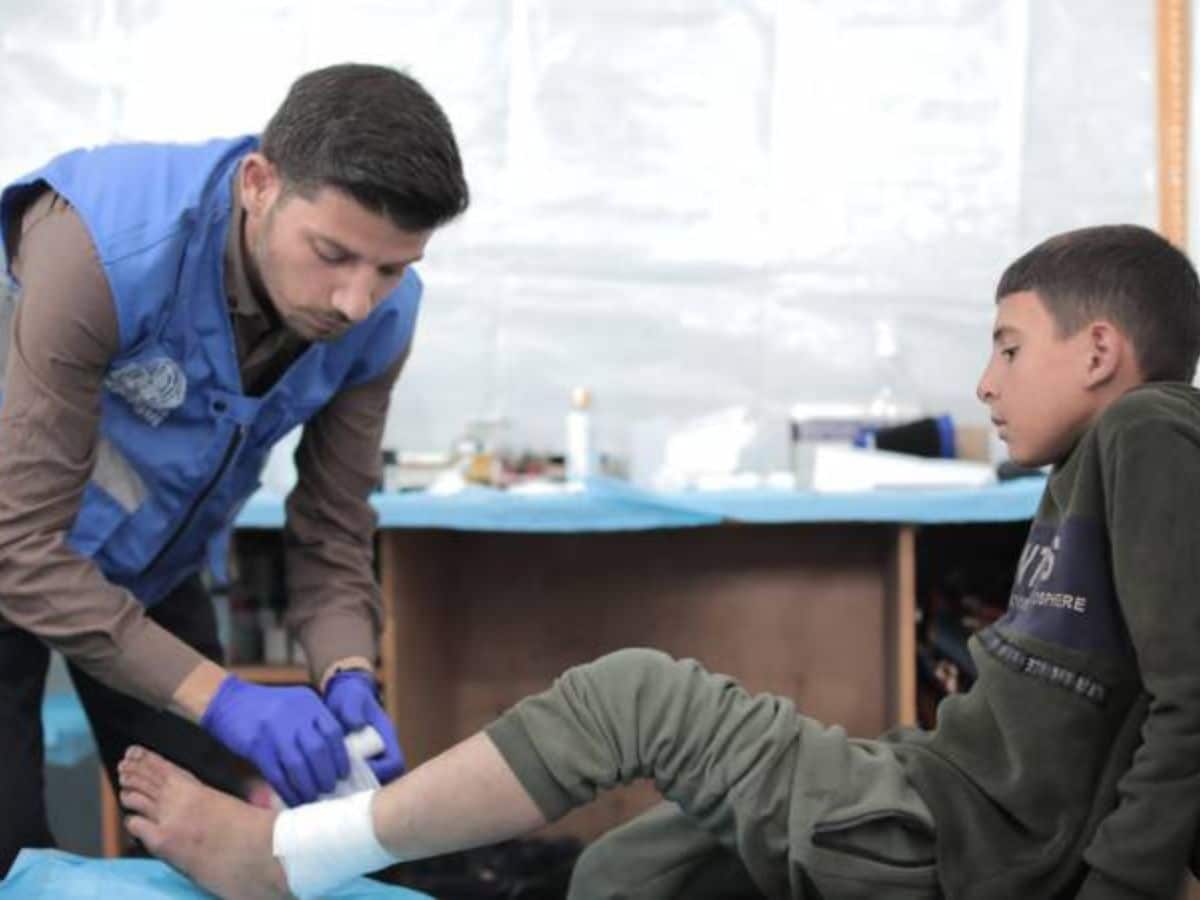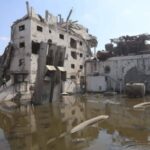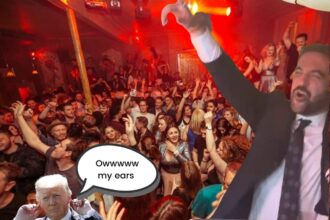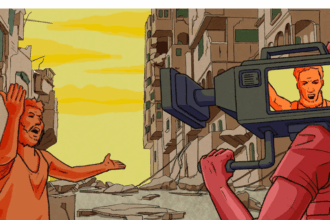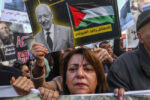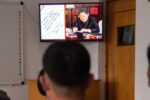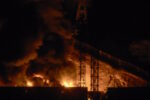In a city where the echoes of bombardment mingle with the groans of the wounded, the health system in Gaza is collapsing under the weight of the siege and denial of medical supplies. The scene is no longer limited to the wounded waiting for a bed, but also includes doctors searching for a single dose of painkillers in nearly empty warehouses.
The Director General of the Ministry of Health in Gaza, Dr. Munir al-Barsh, painted a grim picture of the situation, telling journalists that the amount of medicine that has entered since the ceasefire on October 10th does not exceed 10% of the Strip’s needs.
“Medicine has become part of the battlefield, not a means of healing,” said Al-Barsh, referring to what he described as a “deliberate medical siege.”
Gaza medicine — An open-ended crisis
Since the ceasefire was declared, only 60 truckloads of medical supplies have been allowed in, a meagre number compared to the needs of two million people living amidst destruction and disease.
According to the Ministry of Health, the shortage of medicines has reached 65%, while the shortage of medical supplies has reached 70%, unprecedented levels even during the most brutal phases of the war. As Al-Barsh puts it:
Some essential medicines are completely out of stock. We are treating the wounded with what remains of expired packages or alternative medications that are insufficient
Medicine in the Market: Between Scarcity and Greed
In the few markets that are still operating, pharmacies have become like museums of rare medicines, where medication is sometimes available, but at exorbitant prices.
Al-Barsh confirmed that some medicines reach the private sector in “very small” quantities, which explains the sharp rise in prices, especially for painkillers and antibiotics.
Targeting the Pharmaceutical Infrastructure
The occupation did not stop at blocking the entry of trucks. It also destroyed what remained of the health facilities. According to the Ministry of Health, approximately 860 private pharmacies were destroyed during the two years of the war, in what Al-Barsh described as “a direct attack on people’s right to treatment and life.”
When the hospital is destroyed and the pharmacy closes, all that remains is the tent and waiting… waiting for death or a miracle
Medical Care Amidst the Rubble
In hospital corridors, doctors work with whatever supplies and bandages are left. Operating rooms are sometimes lit by emergency lights, and the wounded are given insufficient anaesthesia.
A nurse at Al-Shifa Hospital told the Canary,
Sometimes we perform surgeries without anaesthesia. Pain has become part of the treatment.
Thus, in Gaza, wounds have become a daily reality, and medicine a wish suspended at a military checkpoint.
Open the crossings
Al-Barsh concluded his remarks with an urgent appeal to international organizations and humanitarian agencies to take immediate action, emphasising that the continued siege “means the slow death of thousands of patients and the wounded.”
The occupation is not only bombing, but also preventing treatment. The medical blockade is a crime committed in broad daylight, and the world watches.
Gaza medicine — a Political Issue
The health crisis in Gaza is no longer a matter of relief, but a political issue used by Israel for control and subjugation. Every delayed shipment of medicine and every denied permit means more suffering in hospital wards and more postponed funerals.
Despite all this, doctors continue to work, patients persevere, and the people of Gaza cling to life with their last lifeline.
Featured image via UNRWA
